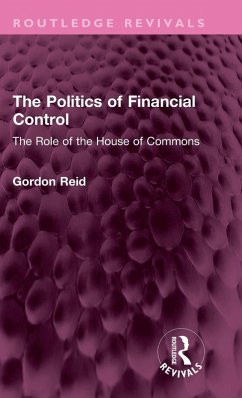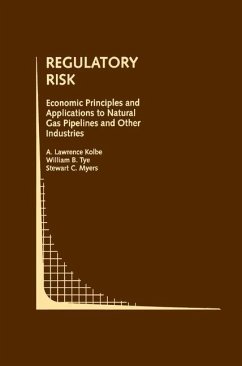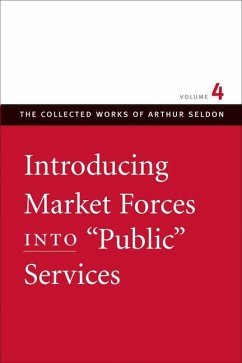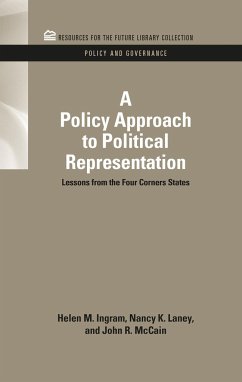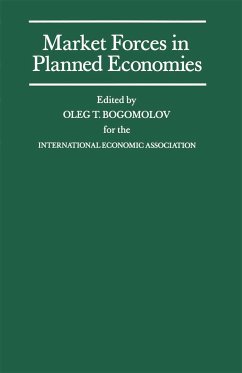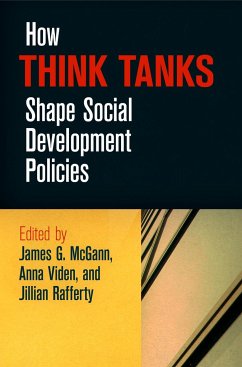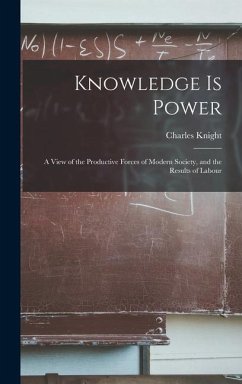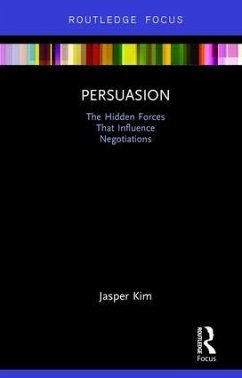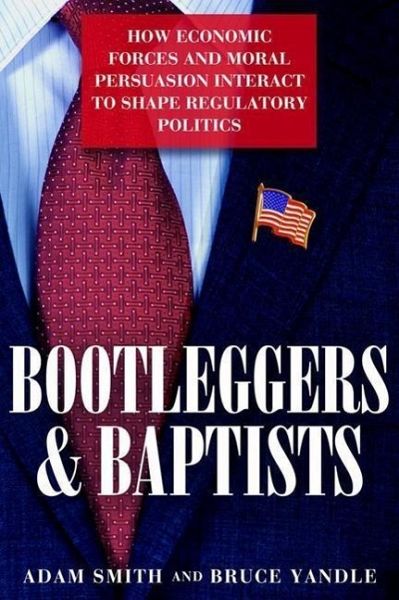
Bootleggers and Baptists: How Economic Forces and Moral Persuasion Interact to Shape Regulatory Politics
Versandkostenfrei!
Nicht lieferbar
Policy analysts, academics, journalists, and even politicians lament the influence of money on politics. But in the political economy, politicians often carefully design regulations so that two very different interest groups will be satisfied. The Bootlegger and Baptist theory, an innovative public choice theory developed more than 30 years ago, holds that for a regulation to emerge and endure, both the "bootleggers," who seek to obtain private benefits from the regulation, and the "Baptists," who seek to serve the public interest, must support the regulation. Economists Adam Smith and Bruce Y...
Policy analysts, academics, journalists, and even politicians lament the influence of money on politics. But in the political economy, politicians often carefully design regulations so that two very different interest groups will be satisfied. The Bootlegger and Baptist theory, an innovative public choice theory developed more than 30 years ago, holds that for a regulation to emerge and endure, both the "bootleggers," who seek to obtain private benefits from the regulation, and the "Baptists," who seek to serve the public interest, must support the regulation. Economists Adam Smith and Bruce Yandle provide an accessible description of the theory and cite numerous examples of coalitions of economic and moral interests who desire a common goal. The book applies the theory's insights to a wide range of current issues, including the recent financial crisis and environmental regulation, and provides readers with both an understanding of how regulation is a product of economic and moral interests and a fresh perspective on the ongoing debate of how special interest groups influence politics.




